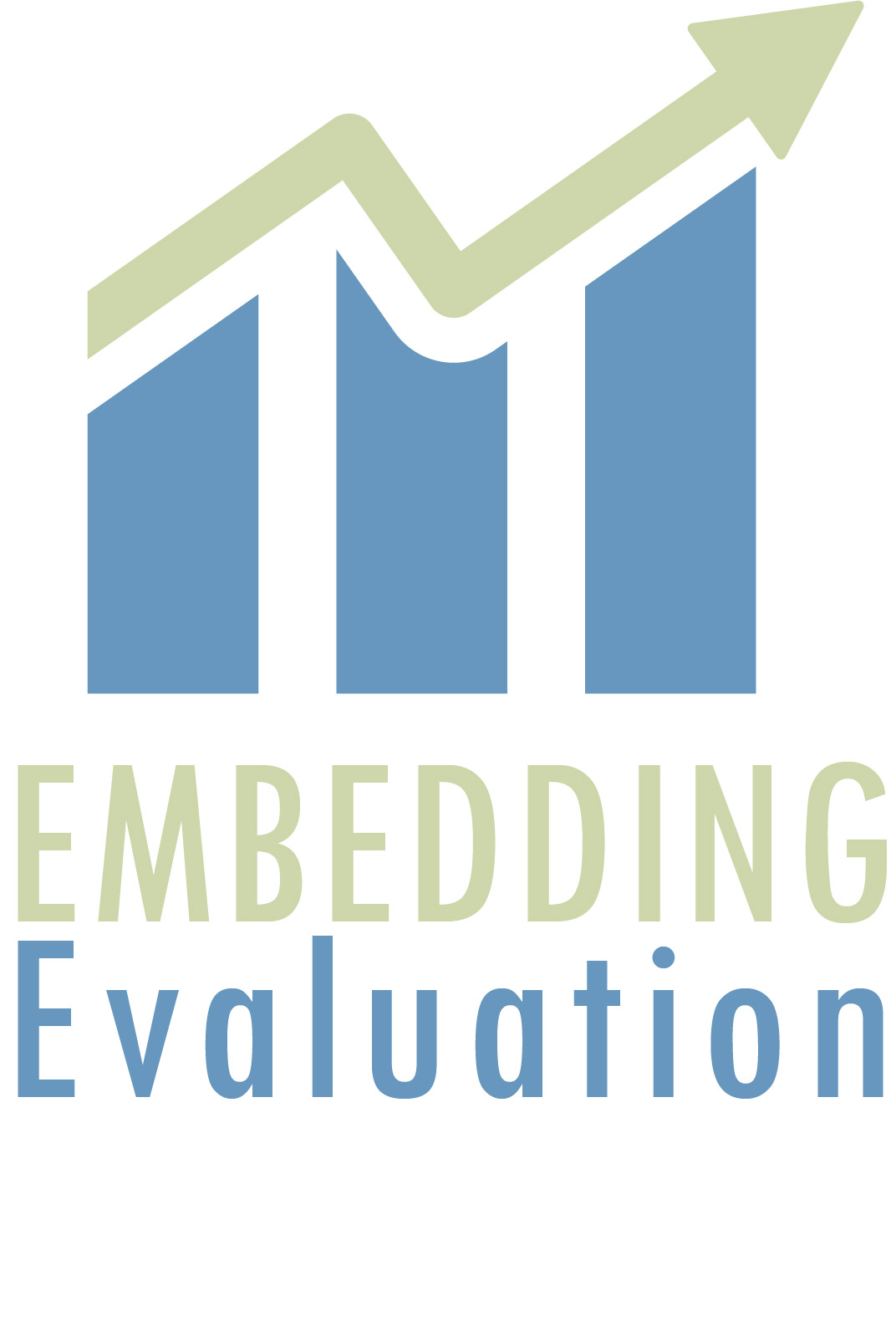Training and Coaching
To support Embedding Evaluation participants in integrating evaluation into their libraries and developing and implementing a 9-month evaluation project over the course of the experience, all team members are required to participate in the following training and coaching activities:
- Two-day in-person Kickoff Institute August 9-10, 2022 in Raleigh, North Carolina.
- Six 60-minute virtual coaching sessions (conducted via video chat) with instructors between fall 2022 and spring 2023.
- Six 60-minute virtual cohort discussions (conducted via video chat) with teams from other Embedding Evaluation libraries between fall 2022 and spring 2023.
- Two-day in-person Wrap-Up Institute May 2-3, 2023 (location to be determined after the cohort has been formed).
*All teams will receive funds to cover travel expenses. See Financial Support for more information.
Evaluation Project
Each Embedding Evaluation team will design and implement an evaluation project of a public-facing library program or service over a 9-month period with the support of instructors and peers. Priority will be given to teams seeking to evaluate an innovative learning activity or program (such as hands-on, self-directed, or experiential learning) and/or programs or services focused on communities that their library has historically under-served or currently under-serves.
Over the course of the 9 months, each team will
- Develop a logic model for their program or service;
- Identify focused evaluation questions;
- Select data collection methods that are best suited to answer those questions;
- Select or develop data collection instruments;
- Gather data;
- Analyze data;
- Develop results summaries; and
- Use the evaluation findings for program or service improvement, planning, and/or demonstrating library value.
For examples of the types of projects that would be appropriate for this opportunity, see Project Examples.
Please note that Embedding Evaluation projects must focus on the public — meaning library users and/or members of the community. In addition, projects must assess a specific library program, service, or other offering and include collection of data from members of the public. Projects regarding internal operations or strictly focused on analysis of existing data such as circulation statistics, web analytics, etc. are not appropriate for this opportunity. Teams will learn to use new social science research methods to complement current methods used to evaluate library programs and services.

